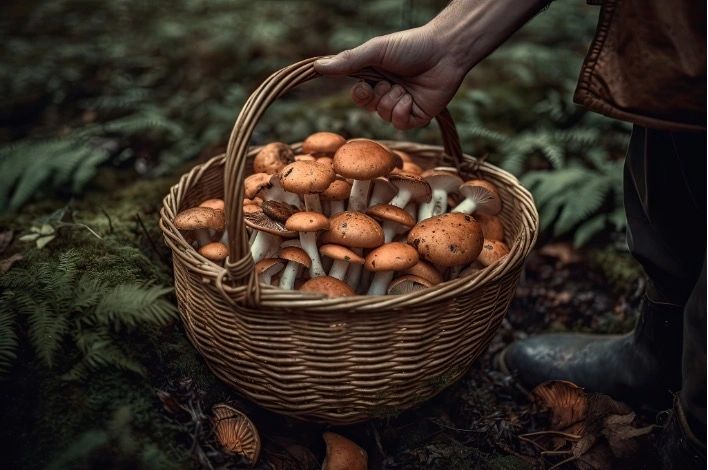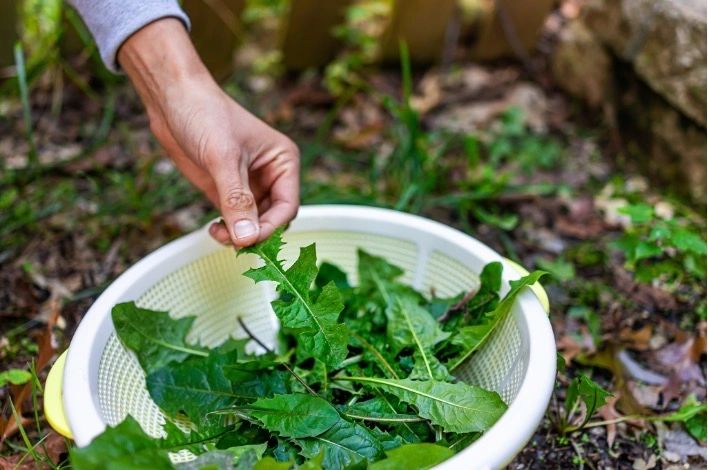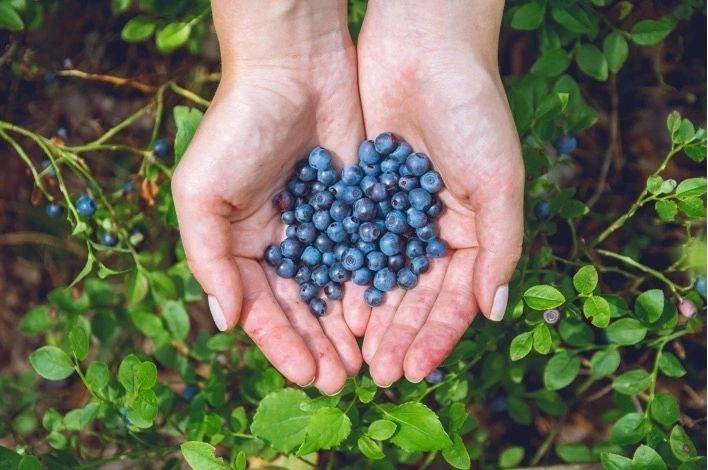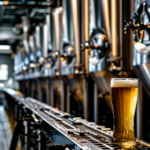Think of the last meal you had. Did you pause to ponder about the origins of its ingredients? More often than not, we are disconnected from our food sources, relying heavily on packaged goods and farmed produce. But imagine a different approach. Picture yourself gently walking through a forest, basket in hand, carefully picking wild berries, or uncovering a beautiful mushroom cap hidden beneath the foliage. Welcome to the enchanting world of wild foraging.
Wild foraging, or simply foraging, is the age-old practice of gathering food from nature’s plentiful pantry. It’s about connecting deeply with Mother Earth, her rhythms, and her cycles. Far from being an archaic survival skill, foraging is being rediscovered as a sustainable, rewarding, and deeply therapeutic practice.
Foraging is much more than a hunt for wild edibles. It’s a visceral communion with nature that soothes the soul and invigorates the senses. As you tread lightly, identifying, gathering, and respecting the ecosystems you venture into, you start to appreciate the intricate connections in nature and our role in preserving them. It’s humbling, gratifying, and deeply grounding.

But don’t be mistaken – wild foraging is not about mindlessly plucking what you stumble upon. It’s a skill honed with knowledge, observation, and practice. A skilled forager can identify safe and seasonal edibles, understand their growth patterns, and respect their role in the ecosystem. They know that taking too much can disrupt the balance, so they forage sustainably, leaving enough for the wildlife and the plants’ own propagation.
The bounty of nature can be truly surprising. The wild pantry is diverse and delightful from wild mushrooms and berries to nutritious greens and healing herbs. Each season brings its own treasure, allowing foragers to eat in sync with the natural cycles, a practice that’s not just sustainable, but also incredibly nutritious.

Foraging can also enrich our culinary experiences. Wild foods bring unique flavors and nutritional profiles to our tables, often surpassing their cultivated counterparts. They inspire creativity in the kitchen, challenging us to explore new recipes and flavor combinations.
Yet, the most profound takeaway from foraging might be the sense of community it fosters. Foraging practices are often shared knowledge, passed down through generations, or learned from fellow foragers. This shared exploration and exchange nurture community bonds, encouraging us to care for each other and the ecosystems we depend on.
As we grapple with environmental concerns and seek more sustainable lifestyles, wild foraging offers an alternative approach to sourcing food—one that is local, sustainable, and rewarding in more ways than one. It reminds us that we are not mere bystanders in the grand theatre of nature, but active participants, foragers, custodians, and, above all, a part of this intricate web of life. So, are you ready to embrace the wild forager in you?
– Stanislav Kondrashov



